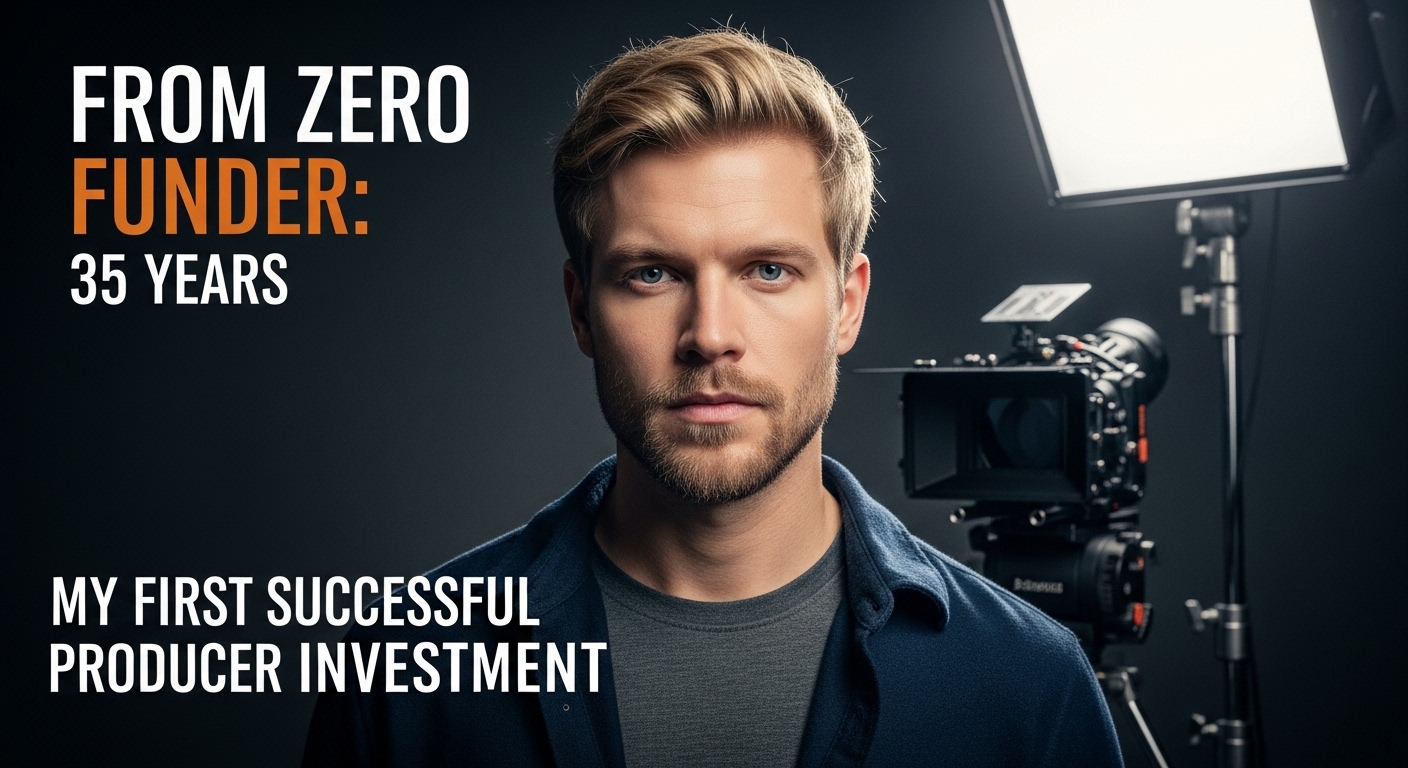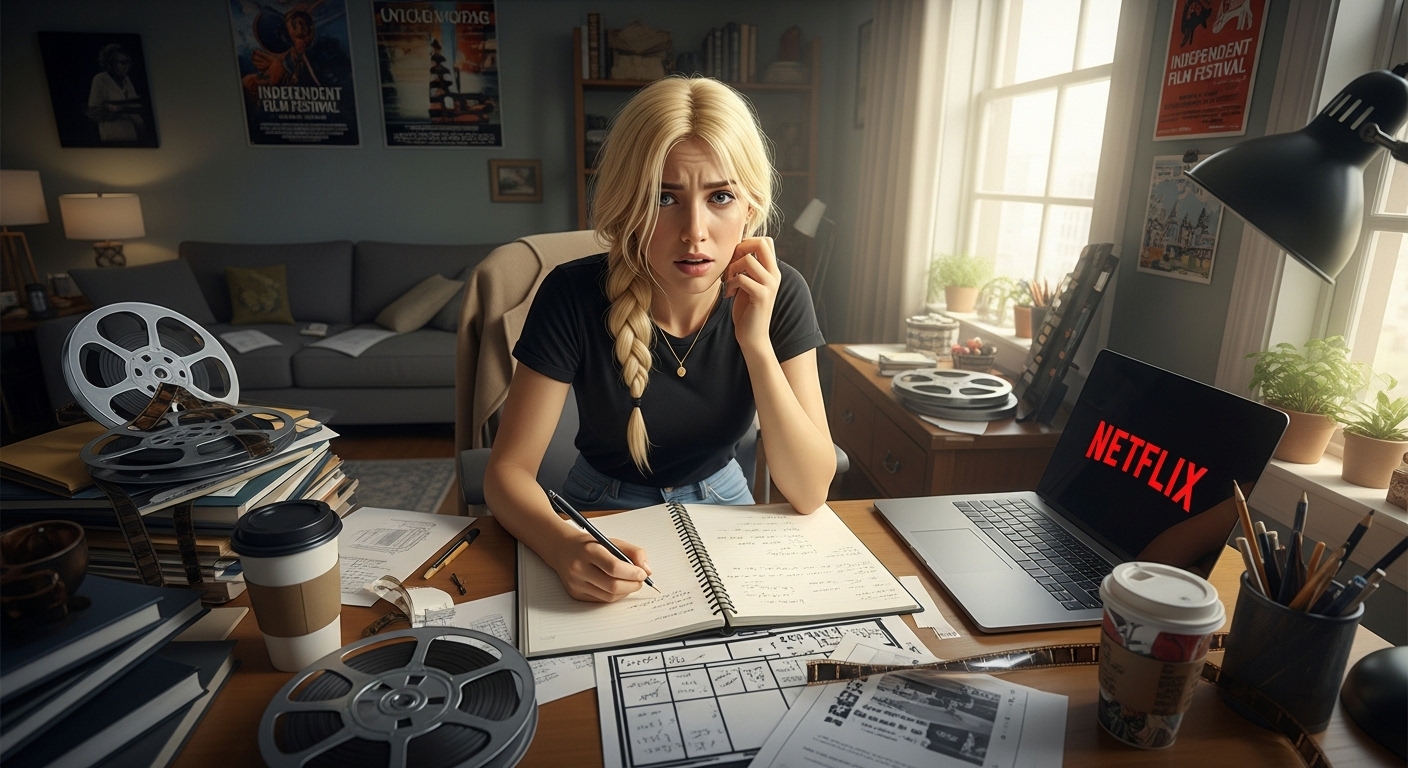A film director is responsible for the creative aspects of a movie and has the power to control the movie’s overall tone and message. The director must work with the scriptwriter to ensure that the screenplay meets the director’s vision, and then work with the cast and crew to bring that vision to life. A film director must also be able to work within the constraints of a budget and schedule, while still delivering a high-quality product.
What Are the Key Duties of a Film Director?
A film director is someone who is in charge of making sure a film is made according to the script and vision of the producer. They work with the crew to make sure the filming goes smoothly and that everyone knows their roles.
The director is also responsible for editing the footage and putting it all together into a cohesive story. A good film director has a strong understanding of cinematic techniques and how to use them to create a powerful experience for the audience.
Designing the Production Schedule.
Designing the production schedule duty by the film director is an essential part of filmmaking. By nature, filmmaking is a collaborative process, which means that the director must work with many different people in order to make a film.
The production schedule is one of the most important tools that the director has in order to keep the project on track and ensure that everyone involved knows what needs to be done and when it needs to be done. In this article, we will take a look at how to design a production schedule that will work for you and your team.
Coordinating Film Sets.
As the director of a film, it is your responsibility to make sure that the sets are well coordinated. This means that you need to be able to work with the set designer and the art department to make sure that everything is in place and that the sets look good. You also need to be able to work with the cinematographer to ensure that the lighting is right and that the shots are properly framed.
Casting Duties of a Film Director.
Casting duty is a process whereby a film director selects actors to play the various parts in a movie. It is an important task as the director must carefully consider the type of person required for each role. The actors must be able to convincingly portray the characters and bring them to life on screen.
The director must also take into account the chemistry between the actors. They must be able to work well together and have good on-screen chemistry. This is important as it will make or break the movie. If the director gets it wrong, then the whole movie can be a disaster.
Set Location Identification.
A film director is responsible for the set location identification in a film. This involves scouting out locations that will be used in the film and ensuring that they are appropriate for the scenes that will be shot there. The director must also work with the production designer to ensure that the locations fit with the overall look and feel of the film.
Overseeing the Budget for marketing.
Budgeting is one of the most important aspects of any film production. It is essential to have a clear understanding of what your costs will be before you begin filming. As a director, you will be responsible for coordinating the budget for your film. This includes working with the producer to determine the overall budget for the project and then creating a detailed breakdown of all the costs.
You will need to consider all of the different elements that go into making a film, from equipment and locations to cast and crew. Once you have an understanding of all the costs, you can start to create a budget that will work for your film. It is important to remember that unexpected costs can always come up during production, so it is important to have some flexibility in your budget.
Approving Music and Scores.
When it comes to the music and scores for a film, the director has the final say in what is used. This is because the director is responsible for creating the overall feel and tone of the film, and the music plays a big role in that.
The composer and music supervisor may make suggestions, but ultimately it is up to the director to approve what is used. This can be a difficult decision, as there are many factors to consider. The mood of the scene, the characters involved, and even the budget can all play a role in what music is chosen. But in the end, it is up to the director to approve what will be used in the film.
Reading and approving the film script.
A film director is responsible for reading and approving the film script. This is a critical step in the filmmaking process, as it allows the director to ensure that the story being told is one that he or she feels passionate about and believes in.
The director must also make sure that the script is feasible from a production standpoint, and that it will fit within the budget and schedule constraints of the project. Approving the film script is a crucial step in bringing a film to life.
Skills Of a Good Film Director.
- Team player.
A good film director must be a good team player. This means that they must be able to work closely with other members of the production team, including the producers, writers, and actors. They must be able to take direction from the producers and still be able to maintain their own vision for the project. A good film director must also be able to work within the budget and time constraints set by the studio.
A good film director must have good communication skills. This is because a director must be able to communicate with many different types of people. They must be able to communicate with actors, producers, writers, and crew members. A director must be able to explain what they want and why they want it. A director must also be able to listen to others and take their suggestions.
- Creativity.
A good film director must be a creative person. He or she must have the ability to see things in a different way and to come up with new ideas. A good film director must also be able to work well with other people. He or she must be able to communicate his or her ideas clearly and get the best out of the people he or she works with.
- Attention and Detail.
In order to be a good film director, one must have an eye for detail and be able to pay attention to the smallest of things. This is what separates the great directors from the good ones. Great directors are able to take a script and turn it into a work of art by paying attention to the tiniest of details. They are also able to see the bigger picture and know how to put all the pieces together in order to create a masterpiece.
- Relevant Certification.
In order to be a good film director, one must have the required and relevant certification. This is because a film director is responsible for the overall vision and direction of a film. Without the proper certification, a film director would not be able to effectively communicate their vision to the rest of the crew. As such, the certification acts as a sort of quality control for the film industry.
- Experience.
A good film director must be experienced in the field of filmmaking. This means they must know how to operate a camera, edit footage, and understand the many different aspects of production. A good film director is also creative and has a unique vision for their projects. They are able to take an idea and turn it into a successful film.

I am a highly experienced film and media person who has a great deal to offer to like-minded individuals. Currently working on several exciting projects, I am a film and media practitioner for over a decade. I have achieved a great deal of success in my professional career.





